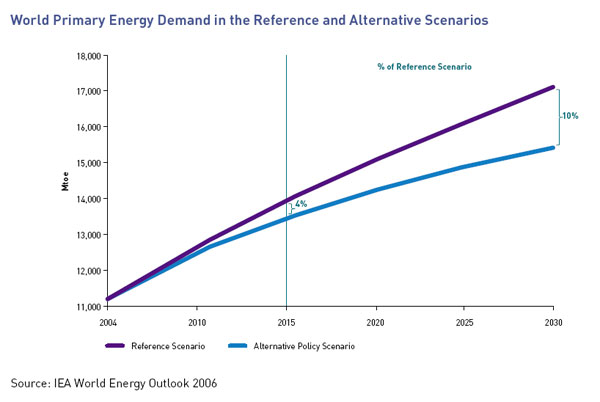Government Policies
The following are some of the policies and inititiaves developed by the EU and the Irish Government to support the development of tidal/ocean energy and the renewable energy sector as a whole.
Minister Ryan launches major new Ocean Energy initiative
Cork, 15th January 2008
Energy Minister Eamon Ryan today announced a major programme of activity, grants and supports to develop ocean energy in Ireland. Over €26 million in targeted funding will go to the sector over the next three years.
Today’s announcement by Minister Ryan introduces a new category of tariff under the REFIT scheme, one for the production of electricity from new wave and tidal technologies. The Renewable Energy Feed-In Tariff (REFIT) Scheme is a mechanism designed to encourage the growth in electricity generated from renewable sources in Ireland by offering the suppliers of renewable energy compensation, via a Public Service Obligation, over and above what they would receive in the marketplace. Applicants in REFIT must have planning permission and a grid connection offer for their projects and they will be able to contract with any licensed electricity supplier up to the notified fixed prices. Following these negotiations suppliers can apply to the Department to receive tariff support under the REFIT scheme for ocean energy of 22 cent per Kilowatt Hour.
Extracts from the Irish Government's White Paper
"Delivering A Sustainable Energy Future For Ireland"
1.1.6. Without policy change, global energy demand is projected to increase by over 50% between now and 2030. Fossil energy remains the dominant source of energy to 2030 in both scenarios, but significantly slower growth in fossil fuel demand can be achieved under the Alternative scenario. Under IEA’s Alternative Scenario, World Primary Energy Demand in 2030 is about 10% lower than under no-change scenarios.

2.4.5. The broadening of the renewable energy base was seen as critical, with support expressed for developing ocean energy to commercial implementation.
3.1.2. Currently over 90% of Irish energy requirements are imported. Combined with our peripheral location and small market scale, this current reality leaves Ireland vulnerable to supply disruption and imported price volatility. Security of energy supply is a global issue and the European Union’s growing reliance on energy imports increases Ireland’s overall energy vulnerability.
3.9.5. We will progressively achieve 33% of our electricity consumption from renewable sources by 2020 with 1 5% the target for 2010.
3.14.8. Actions: We will directly invest over €150 million in Energy Research under the NDP 2007-2013 which will also leverage additional funding under EU programmes.
Extract from the E.U.'s Green Paper
Europe's energy networks are the arteries on which we all depend for the energy to fuel our homes, businesses and leisure. The EU's energy policy sets out clear goals and objectives (20% reduction in greenhouse gas emissions, 20% share of renewable energy in EU final energy consumption and 20% improvement in energy efficiency by 2020) for sustainable, competitive and secure energy. The renewable energy and climate change package of January 2008 will commit Member States to ambitious renewable energy and emissions reductions targets. However, the EU will not achieve its ambitions unless its energy networks change considerably, and fast.
|

